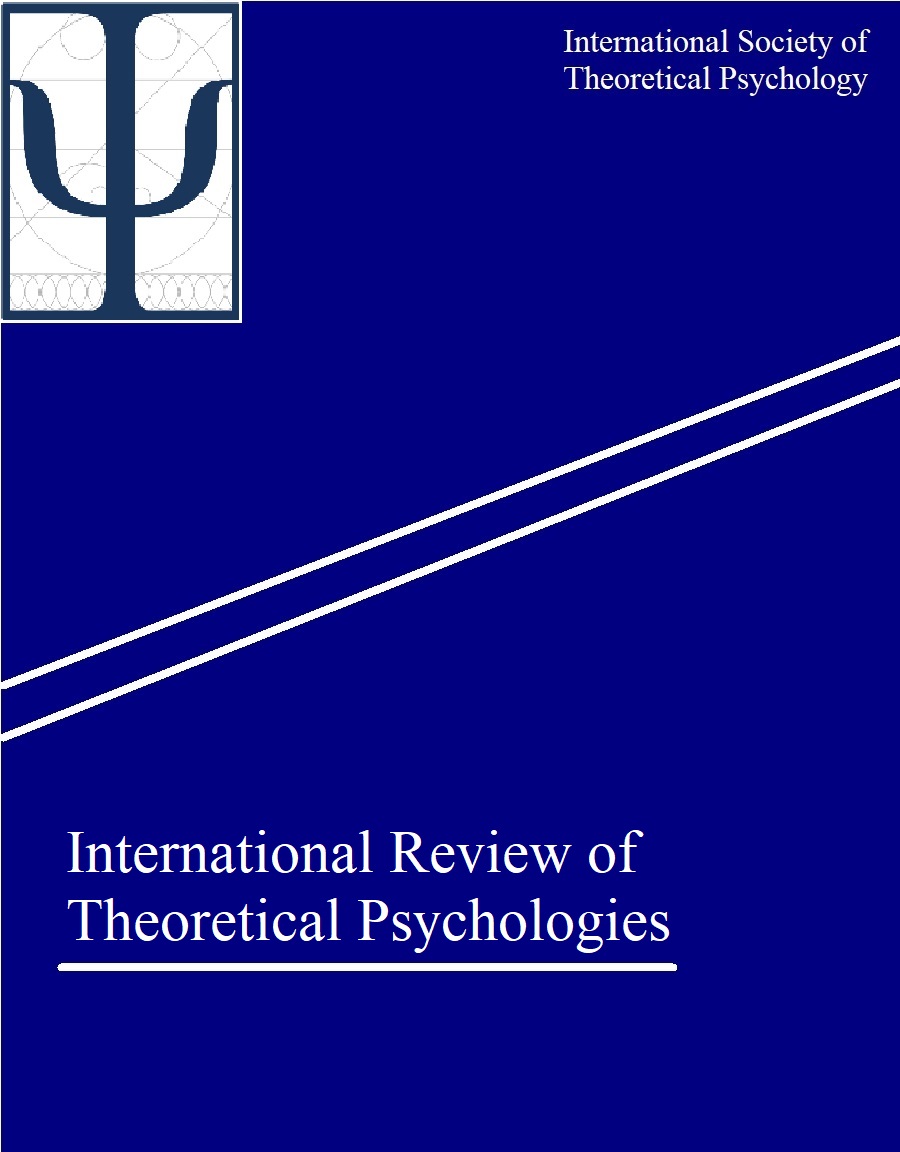Where is Tyche?
Bringing the ‘hap’ back into Happiness
DOI:
https://doi.org/10.7146/irtp.v1i2.128019Keywords:
Happiness, Tyche, Instant, Relationality, PresenceAbstract
In this paper, I seek to revitalize the concept of happiness by conceptualizing it as a relational and instantaneous phenomenon with both existential, ethical and political dimensions. Happiness hap-ens – in and through encounters, and it does so when we least expect it. Drawing on Bachelard’s writings on ‘the instant’, as well as Gumbrecht’s and Rosa’s much related concepts of ‘presence’ and ‘resonance’, I attempt to formulate a more relational and nonvolitional counter-concept of happiness that blurs the border between eudemonic happiness and subjective well-being on the one hand and positive affect on the other. Safe-guarding opportunities for these moments to happen is to be seen as vital in a contemporary society governed by individualization, rationalization and hedonistic principles. Even though one cannot choose to be happy, one can indeed lead a good life; colored by an openness towards the other and what might come.
Downloads
Published
How to Cite
Issue
Section
License
Copyright (c) 2021 Alfred Bordado Sköld

This work is licensed under a Creative Commons Attribution-NonCommercial-ShareAlike 4.0 International License.
IRTP operates based on a non-exclusive publishing agreement, according to which the journal retains the right of first publication, but authors are free to subsequently publish their work. The copyright of all work rests with the author(s).
All content published in IRTP is licensed under a Creative Commons Attribution-NonCommercial-ShareAlike 4.0 International license (CC BY-NC-SA 4.0). This license allows authors and readers to share and adapt content for non-commercial purposes, provided that they abide by the following terms:
- Give credit to the original author(s)/creator(s) and attribution parties (i.e., IRTP);
- Provide a link to the original source, to the extent practicable;
- Include the copyright notice and/or indicate the corresponding Creative Commons license;
- Indicate what, if any, adaptations were made to the original; and
- Share adapted content under the same license as the original.
Authors are encouraged to familiarize themselves with the various Creative Commons licenses. Readers are advised to consult the licensing information embedded in each published work to ensure that they are familiar with the terms of use that apply.





